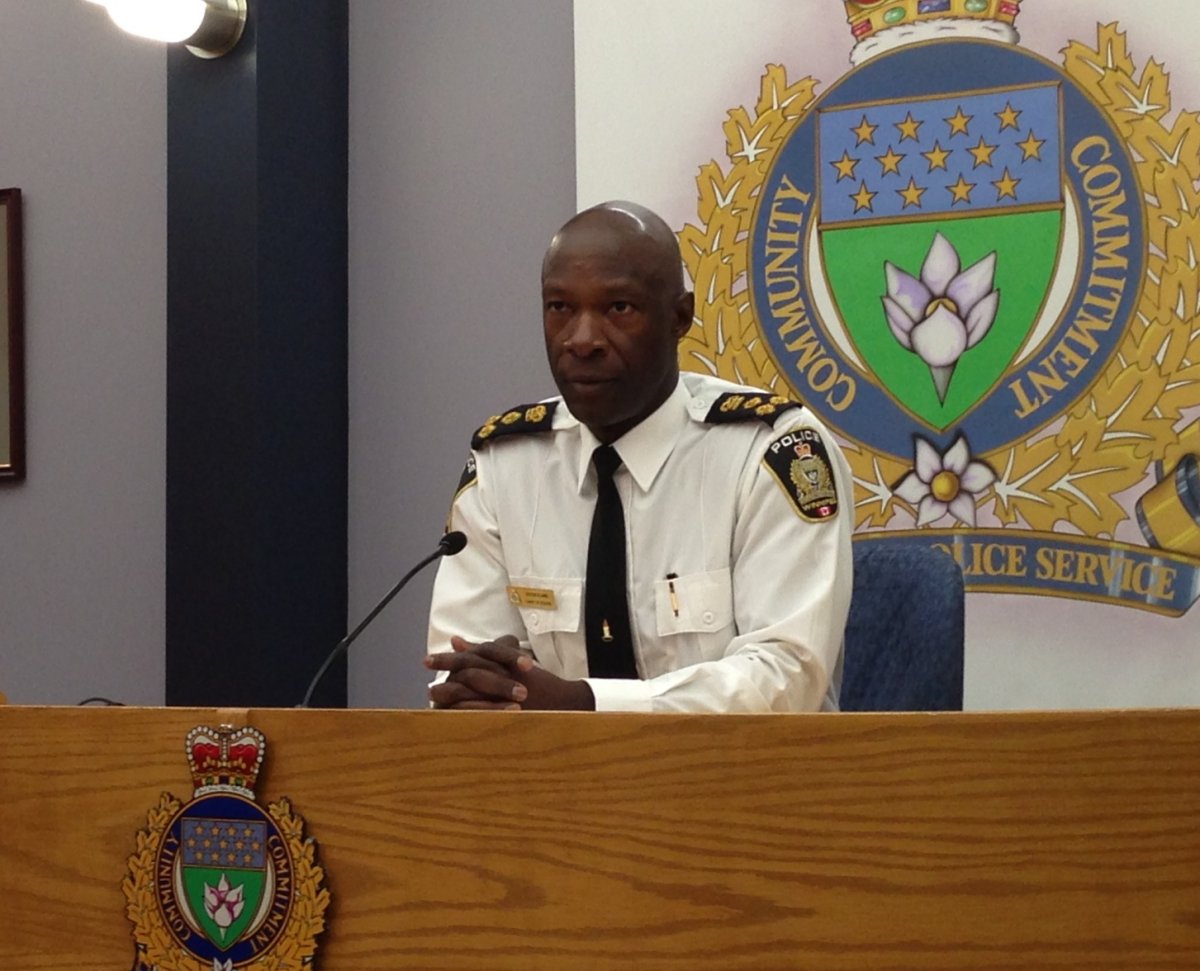With the election a month away, Winnipeg’s increasing crime rate is a prime subject for candidates.

Former Winnipeg police chief Devon Clunis told 680 CJOB he has received calls from many candidates seeking advice on the subject as well as from concerned citizens.
A Probe Research poll published on Thursday said crime, violence and vandalism is top of mind for voters, surpassing last election’s number one concern, infrastructure.
Current police chief Danny Smyth said his department is doing all they can with the resources they have to combat the rise in violent crimes. The drug trade and addiction are taxing emergency services at every level.
Clunis said the easy thing to do is to say police and elected officials are not doing their jobs, but that is not going to change anything. We shouldn’t be looking to point fingers or lay blame, he said. “We need to look at the issue itself and say ‘how do we rectify the issue?'”.
“This is a complex issue. People want to find simple solutions for complex issues”, and we’ll never get anywhere that way, he said.
Violent crime and drugs are not simple issues, he said, nor are they exclusive to Winnipeg. “It is not just the police’s responsibility. This is a national issue, and its the same even into the United States.”
Crime in the city had been on the decline over the past number of years, but is now steadily increasing. Clunis had some clear idea as to why that is.
“We need to start dealing with those deep social issues. Speaking specifically to Winnipeg, during my tenure as chief, I said ‘We will not be asking for more police officers.’ We never asked for more.”
Clunis said with the continued growth of population and complex issues, there has to be consideration given to the idea that police are not the solution.
“Are we doing enough to support what the police can do?” he said. “Are we doing enough to really create a strong social fabric within our community?”
He said if we are to turn the tide on crime, we must ask ourselves what it means to make Winnipeg a great city.
“It can’t be just about infrastructure, it can’t be just about economics. What are we doing to actually take care of the people? Because if we are going to be a great city, we have to have a healthy populace.”
Clunis said having a “healthy populace” is directly tied to social environment and poverty, and noted Winnipeg has some of the poorest postal codes in the country. He said not everyone who grows up within an impoverished neighbourhood will become involved in negative behaviour, but the link between poverty and crime is one that can not be ignored.
“I grew up in poverty and I rose to be the chief of police, so we’re not saying it’s absolute correlation, but there is a tie-in.”
The answer to dealing with increasing crime is to continue to support police in dealing with “what’s bleeding right now,” as well as getting to the root causes.
WATCH: They come to Canada looking for a better life but a new gang threatens that

Clunis, who grew up in the North End of Winnipeg, said a lot of great people live in lower income neighbourhoods.
“There are tremendously fantastic, good, strong people growing up in the north end of our city — some of the best neighbourhoods are in the north end and the inner city — so we’re not saying just because you are in those specific areas…”
He said throughout his time as police chief, at public forums and community gatherings, he often heard people say they had no positive examples growing up.
“Unless we’re ready to say this is what the issue is, we’ll never be able to rectify it. People are looking for real help, and often times, we’re not giving them help, we’re giving them blame”.
“A community needs to be more connected. It’s not about necessarily more money. The resources are in our community to deal with these deep issues.”








Comments